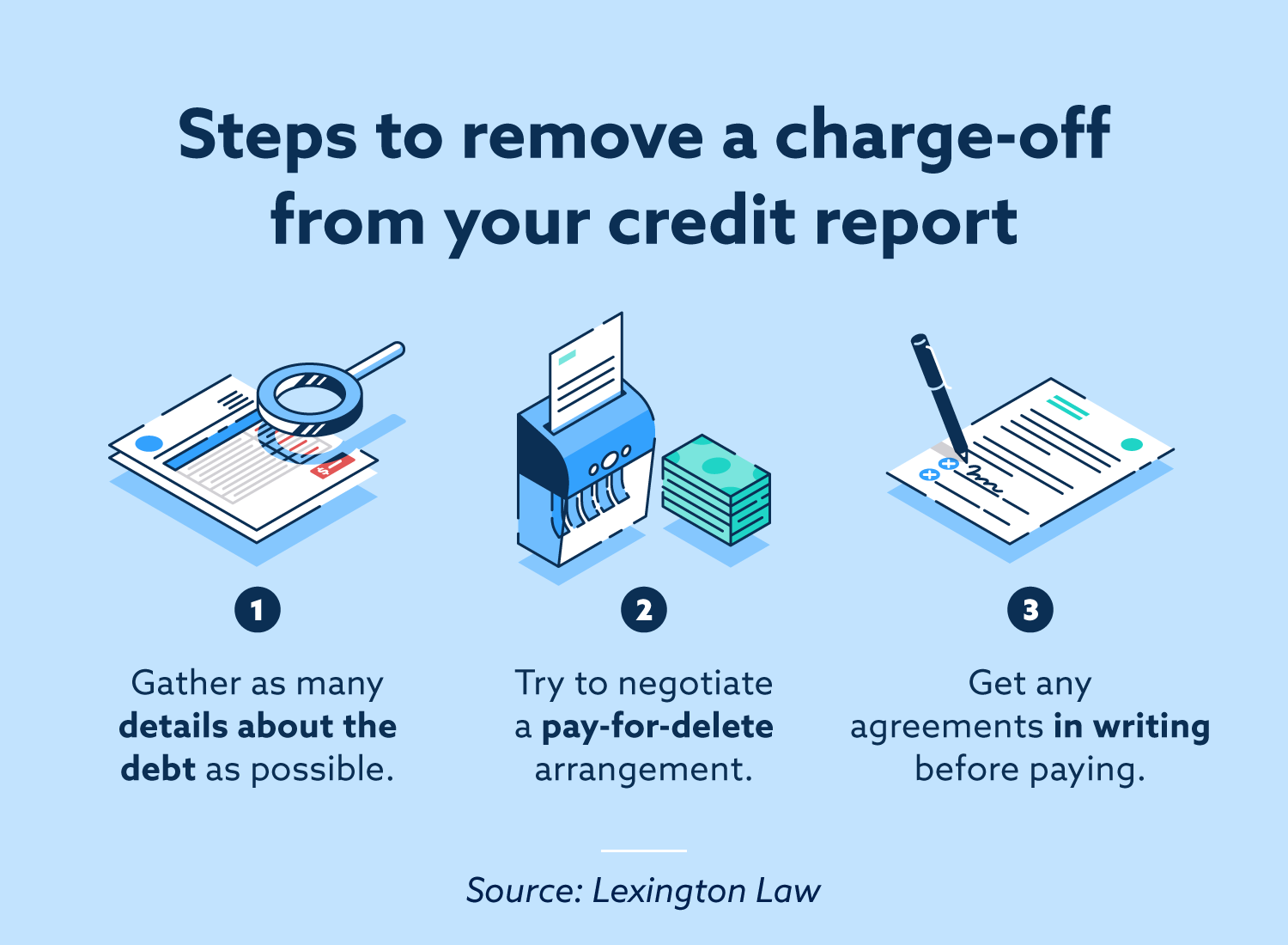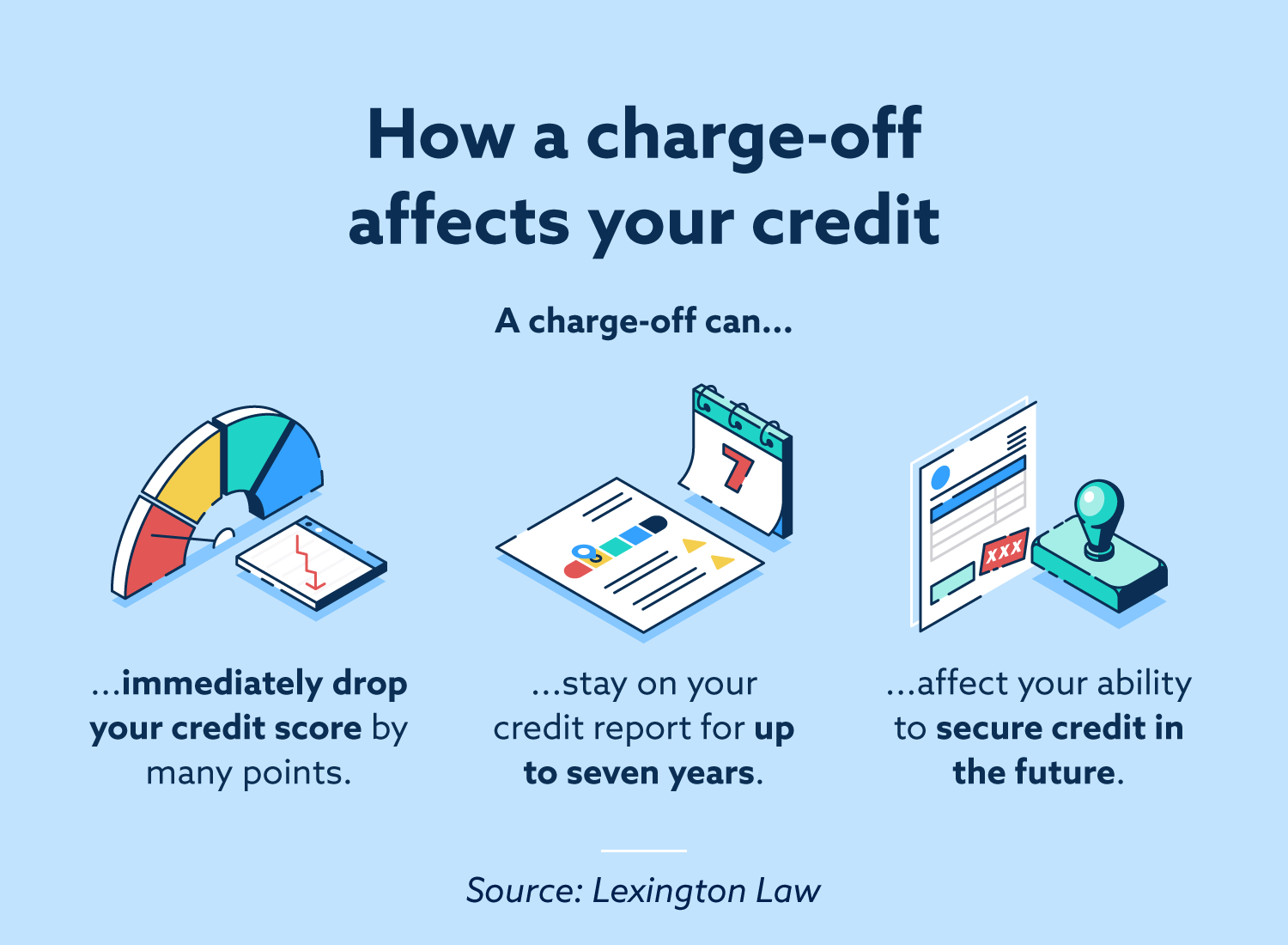What Is A Charge Off On My Credit Report Consumer Credit Reporting Act

How To Remove Charge Offs From Credit Reports Lexington Law Here are the steps you can take if you find yourself with a charge off on your credit report: 1. determine the details of the debt. the first thing you need to do is gather all the information. When your credit circumstances have changed, and the information in your credit report isn't updated to reflect these changes, this failure might be a violation of the fcra. some examples of violations include: failing to report that a debt was discharged in bankruptcy. reporting old debts as new or re aged.

How To Remove Charge Offs From Credit Reports Lexington Law A summary of your rights under the fair credit reporting act. the federal fair credit reporting act (fcra) promotes the accuracy, fairness, and privacy of information in the files of consumer reporting agencies. there are many types of consumer reporting agencies, including credit bureaus and specialty agencies (such as agencies that sell. A charge off and a write off are the same thing: a creditor decides you probably won’t pay back the debt and stops you from making additional charges on the account after your account has become seriously delinquent. this can have a negative effect on your credit. on the other hand, a “transfer” can be neutral. A charge off is a negative entry on your credit report indicating a creditor has written off a debt as a loss because it doesn't believe you will repay the debt. despite the charge off, you're still responsible for paying back the debt. a charge off is considered a derogatory entry in your credit file—a serious negative event—and it can. The act (title vi of the consumer credit protection act) protects information collected by consumer reporting agencies such as credit bureaus, medical information companies and tenant screening services. information in a consumer report cannot be provided to anyone who does not have a purpose specified in the act. companies that provide.

Comments are closed.